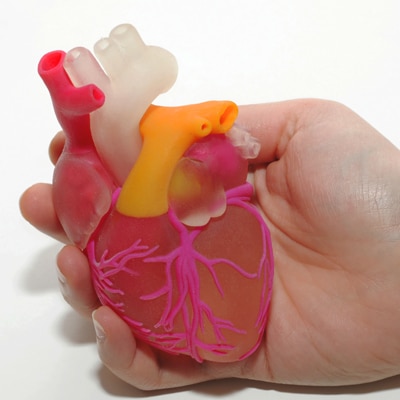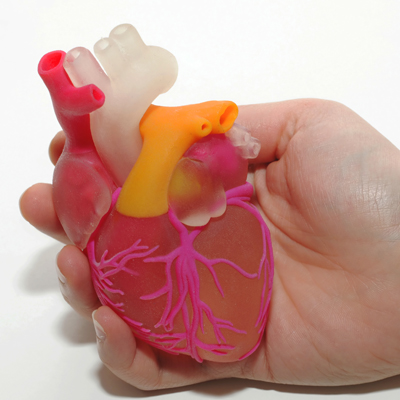I’ve written before about the principle of ‘informed-consent’ which governs the provision of health and social care in the UK. Essentially, patients/service users must be informed about potential interventions or treatments and their likely characteristics and effects including side-effects. Signed permission is required for invasive therapies/treatment. In the case of social care, the local authority is duty bound under the Social Services and Well-being (Wales), Act, 2014, to agree the support plan and care package with the service user if reasonably possible. This duty extends to making personal budgets more available than previously, thus literally giving the user or their appointed representative the ability to contract directly with their chosen provider.
But in one significant area of health care practice, different rules apply…
Organ Donation
Under the Welsh Government’s current (new) organ donation scheme, whilst you can opt-in,register your consent and choose to donate some or all organs. You can also opt out by registering a decision not to donate. If you do nothing you will automatically be included in the scheme. In effect, not registering your preference means positively consenting for use of your organs for donation purposes. The default position, if you will, has been reset in favour of donation. This is known as ‘deemed-consent’. It’s a nuanced picture but one which it is critical for citizens to engage in, if their wishes are to be accurately represented and enacted.
For individuals with any form of learning disability or cognitive impairment, presumably an attorney under the Mental Capacity Act will need to take responsibility for broaching the subject and explaining the new arrangements. While end-of-life wishes relating to predictable deterioration may well form a part of working with a person under the MCA, it is questionable whether the person’s unexpected death, when they are currently in good physical health, will be raised.
The Welsh Government has embarked upon a PR campaign via posters to supplement information on its website, but for an issue so sensitive and taboo it is likely to take a long time for public engagement to gain traction. For individuals with learning disability or cognitive impairment, a judgment will need to be taken as to how and when this issue needs to be considered.
Respecting Wishes
‘When the time comes’ it will be important to respect the wishes of service users, but of course it is often impossible to know when that time will be. Organ donation is a complex, emotive and important issue. Regarding the ‘deemed-consent’ scheme there are clearly pros and cons. On the plus side deemed-consent will undoubtedly increase the supply of organs and thereby relieve the distress of those awaiting donation. However, stretching consent to the point of being ‘deemed,’ whilst being a positive step towards ensuring the greater supply of organs, runs the risk that an inability to fully understand information becomes a factor behind obtaining donations.
Giving service users timely, skilled and sensitive advice and information about the organ donation scheme may not be an immediately pressing priority, but is a task that will need to be undertaken at some point. For individuals receiving care and support there appears to be a role for providers to actively raise awareness and disseminate information about the scheme.
Click the following for information regarding the Welsh Government organ donation scheme







